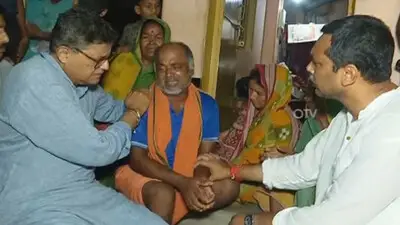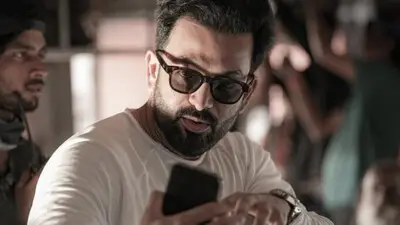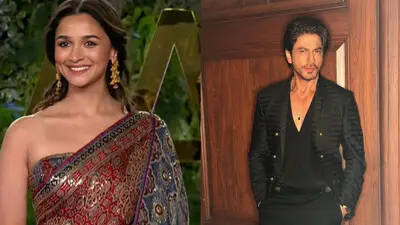Recommended Stories
By Sandeep Sahu
Ahead of the launch of the ‘Mo Sarkar’ initiative on October 2, the Naveen Patnaik government has already started a ‘dry run’ with DGP Bijay Kumar Sharma and Twin City commissioner Sudhanshu Sarangi calling up visitors to police stations and asking them about the quality and efficiency of the service provided and the behaviour of the ‘service providers’ and then assessing them based on a grade system. From Gandhi Jayanti Day, the Chief Minister himself would conduct the exercise calling up 10 people visiting police stations and hospitals to get feedback based on which the concerned personnel would supposedly be rewarded or punished. Nine middlemen, four at the SCB Medical College and Hospital in Cuttack and four at the Capital Hospital in Bhubaneswar have been arrested to convince the people that ‘Mo Sarkar’ is not an empty boast. Starting with the two key sectors of police and health services, the initiative would gradually be extended to other sectors, we have been told.
On the face of it, the ‘Mo Sarkar’ initiative has the potential to fundamentally change the way the state is governed and should be welcomed by every citizen concerned about the timely and efficient delivery of services. But if there is widespread skepticism about the initiative among the people, there is a reason for it. There are several questions that no one has an answer to at the moment. “How long will it last? Will the Chief Minister, who has failed to show up at his grievance cell for close to a decade, find the time to call up 10 people and get their feedback on a daily basis?” (the underlying inference being it would be abandoned after a few days, if not weeks, like many such previous initiatives). “Once the CM recedes to the background, will the officials, who have been the reason for such an initiative being conceived in the first place, carry it forward with the same zeal?” “Given the vice like grip of babus, what is the guarantee that the respondent would not be carefully and their responses would not be stage managed?”
Let us give the government the benefit of doubt on the last count and assume that it has put in place systems and protocols to ensure that the respondents are chosen randomly rather than by design. Now imagine a poor, illiterate/semi-literate tribal/harijan person in a remote village in Malkangiri or Mayurbhanj, who is treated shabbily at the police station when he goes there to lodge a complaint and later receives a call from the CM asking for a feedback. The first point to ponder over is: how likely is s/he to understand – and respond to - the modern grading system in which s/he is required to rate the quality of service in a scale of 1 to 5? Let us now imagine a scenario where he is treated badly and his complaint is not attended to promptly which, as anyone who has an idea of how the ‘system’ works in the state in general and these remote areas in particular knows, is the rule rather than the exception. What are the chances that he would give low grades to the police officer and face his wrath afterwards? Now extrapolate this scenario to other crucial government establishments like hospitals, block offices, tehsils and so on. Though not as ill-behaved as the average cop, the vast majority of government officials are known to be vindictive on anyone who complains and can be trusted to make life miserable for the complainant. The bureaucracy is the happiest in the corrupt and slothful system in place at the present and is certain to do everything it can to foil the most well-intentioned and best laid plans of the government to ensure efficient and hassle-free delivery of government services.
And it is the poor, the illiterate and the defenceless in remote, rural areas who need ‘Mo Sarkar’ more than the rich, the middle class city slickers, who know how to work the system to get their work done – through pulling the right strings, if available, or by paying bribes when required. If these people don’t get the benefits of the well-intentioned initiative, what is the point after all?
(DISCLAIMER: This is an opinion piece. The views expressed are author’s own and have nothing to do with OTV’s charter or views. OTV does not assume any responsibility or liability for the same.)













